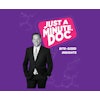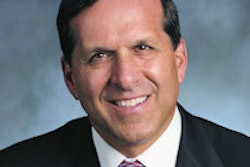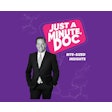
With the right systems in place, your practice can cope with patient emergencies more effectively. The key tools involved are the schedule and the phone, and the logical emergency manager for the practice is, therefore, the front desk coordinator.

Allow for possible emergencies in your daily practice schedule. Though most patients are understanding about delays caused by emergencies if you inform them and apologize, avoid disruption by leaving blocks of time for emergency patients. Maintain a list of regular patients who can be called for last-minute appointments if no emergencies come up.

Don't automatically see emergency patients right away ... use triage. Many so-called emergencies do not actually require immediate attention. Rather than seeing the patient right away, it is often possible to guide them to your emergency time slot later that day, or even the next day. Pain is the deciding factor. Train your front desk coordinator to use a to 10 pain scale to gauge the urgency. And, if at all possible, get on the phone personally to reassure the patient that all will be well.



















